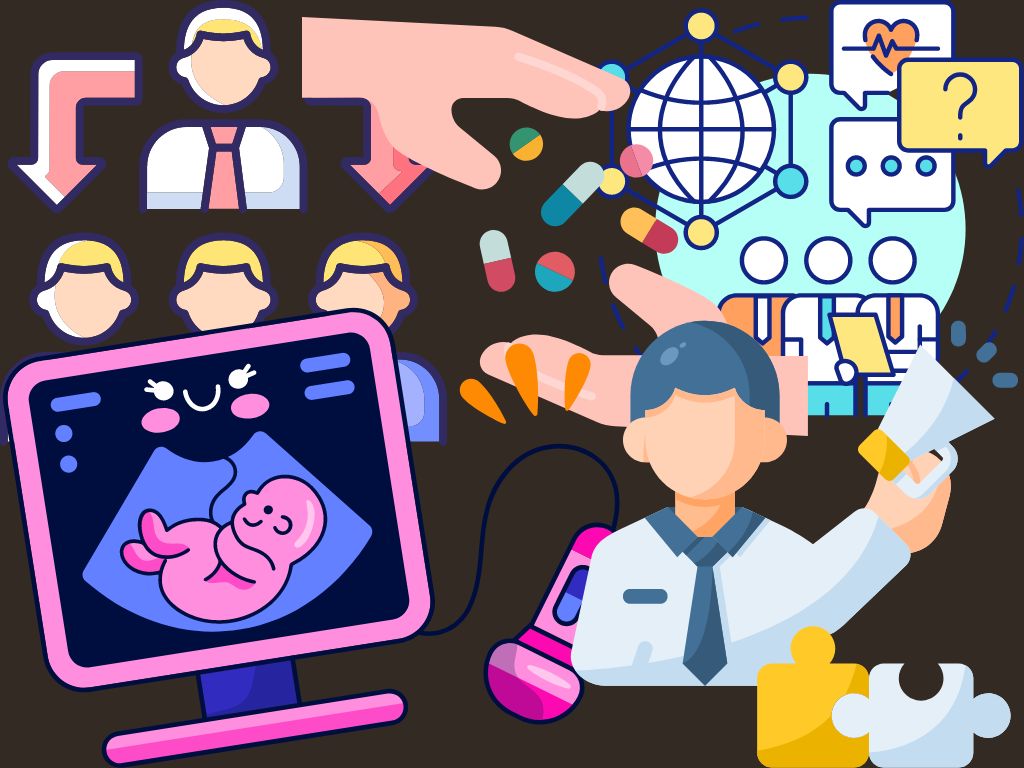Medical coordinators are essential professionals in the healthcare industry. They are responsible for ensuring that all patients receive the care they need and that healthcare providers have the necessary information to deliver that care. In this article, we’ll take a detailed look at the role of a medical coordinator, including the tasks they perform, the skills they need, and the qualifications required to become a medical coordinator.
What Does a Medical Coordinator Do?
Medical coordinators are responsible for ensuring that patients receive the best possible care by coordinating the various aspects of their healthcare. They work closely with healthcare providers, patients, and their families to ensure that everyone has the information they need to deliver the best care possible.
Some of the specific tasks that a medical coordinator might perform include:
- Scheduling appointments and coordinating tests and treatments
- Maintaining patient medical records and ensuring that they are up-to-date
- Communicating with healthcare providers, patients, and their families to provide updates and answer questions
- Managing insurance and billing processes to ensure that patients receive the coverage they need
- Providing support and resources to patients and their families to help them navigate the healthcare system
What Skills Do Medical Coordinators Need?
To be successful in their role, medical coordinators need a variety of skills. Some of the most important skills for this role include:
- Excellent communication skills: Medical coordinators must be able to communicate effectively with patients, their families, and healthcare providers. They must be able to convey complex medical information in a clear and concise manner and must be able to respond to questions and concerns with empathy and understanding.
- Attention to detail: Medical coordinators must be meticulous in their work, paying close attention to details and ensuring that all information is accurate and up-to-date. They must be able to catch errors before they become serious problems.
- Organization and time management skills: Medical coordinators must be able to manage their time effectively and to prioritize tasks based on urgency and importance. They must be able to work under pressure and to keep track of multiple tasks and deadlines.
- Interpersonal skills: Medical coordinators must be able to build strong relationships with patients, their families, and healthcare providers. They must be able to understand the needs of others and to communicate effectively with people from diverse backgrounds.
- Technical skills: Medical coordinators must be familiar with a variety of medical software programs and technologies, and must be able to use these tools to manage patient records and communicate with healthcare providers.
What Qualifications Do Medical Coordinators Need?
To become a medical coordinator, individuals typically need to have at least a high school diploma or equivalent. Some employers may require a post-secondary education, such as an associate’s degree in healthcare administration or a related field.
In addition to education, medical coordinators must also have experience working in a healthcare setting. This could include previous work as a medical assistant, a nurse’s aide, or a healthcare administrator.
Finally, medical coordinators must be able to pass a background check and may need to have certifications or licenses related to healthcare, such as a Certified Medical Administrative Assistant (CMAA) or a Registered Medical Assistant (RMA) certification.
The Importance of Medical Coordinators
Medical coordinators play a crucial role in the healthcare system, ensuring that patients receive the care they need and that healthcare providers have the information they need to deliver that care. They help to streamline the healthcare process and to ensure that everyone has access to the resources they need to navigate the system.
By providing excellent communication, attention to detail, and technical skills, medical coordinators

